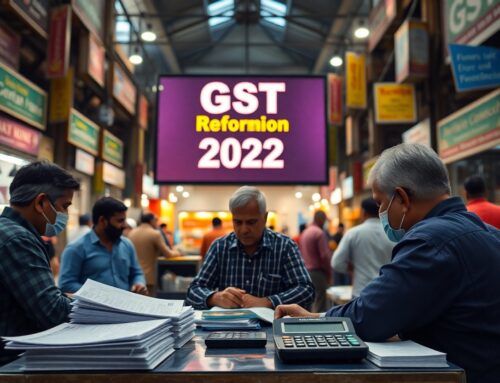The Electricity sector in India is still a ‘Government Monopoly’ when it comes to transmission and distribution of powers. Although there is 42% share by Private sector in Power Generation, there is no competition in the power distribution and hence the consumers do not have the freedom to choose between different distributors as envisaged by the Electricity Act 2003.
In fact, the Electricity Act, 2003 envisaged full competition in the electricity sector, so that the consumer will get better service at competitive and affordable rates. But the State Governments just divided their area into small geographical portions and granted those to individual distributors (public or private) who had exclusive rights of distribution. Hence the consumers did not get the freedom to choose between the distributors. Instead of changing from ‘Government Monopoly’ to ‘competitive market’, the Electricity Act 2003 changed the Electricity Sector from ‘Government Monopoly’ to ‘ Government-granted monopoly’.
There are few regulatory authorities in Electricity Industry, those are:
1. Central Electricity Authority, 2. Central Electricity Regulatory Commission, 3. State Electricity Regulatory Commission and 4. Appellate Tribunal.
- Central Electricity Authority (CEA):
The Central Electricity Authority (CEA) is a statutory institution established under the provisions of Electricity Supply Act, 1948 (Section 3(1)). Currently the said provision under Section 3(1) is replaced by Section 70(1) of Electricity Act, 2003. The Central Electricity Authority is an advisory body which formulates plans and policies for the national electricity system developments.
The Central Electricity Authority prescribes standards regarding power generation plants, electricity lines, meters, distribution system etc. The CEA also makes arrangements for distribution and exchange of power between various states within the country and for transferring the power from surplus to deficit states. The CEA also exchange power with neighbouring countries.
- Central Electricity Regulatory Commission (CERC):
Central Electricity Regulatory Commission is a Quasi-Judicial, Statutory institution, and the top regulator of electricity industry in this vast country. CERC was established on 24 July 1998 initially under Section 3 of the Electricity Regulatory Commissions Act, 1998. The main functions of CERC as envisaged in the Electricity Regulatory Commissions Act, 1998 are: a) To determine tariff for electricity, wholesale, bulk, grid and retail; b) To determine the tariff payable for use of the transmission facilities; c) To regulate power purchase the procurement process of the transmission utilities; and d) Subsequently, as and when each State Government notifies, other regulatory functions could also be assigned to SERCs.
- State Electricity Regulatory Commission (SERC):
State Electricity Regulatory Commission is a counterpart of CERC at state level and the top regulator of electricity industry at state level. As the CERC determines tariff of power plants, transmission etc, SERC determines the tariffs to be paid by the customer for bulk and retail. SERC also regulates the transmission and distribution of power across the state. State Load Dispatch Centre (SLDC) operated under the control and monitoring of SERC.
- Appellate Tribunal for Electricity (APTEL):
Appellate tribunal for electricity was constituted under the Electricity Act, 2003 and anyone aggrieved by the order of CERC or SERC can appeal to APTEL. The APTEL has powers to set-aside the orders of CERC and SERC. APTEL can also amend or overrule the orders of the Regulatory Commissions. Any person or body aggrieved by the order of CERC or SERC should approach APTEL within 45 days from the date of receipt of such order.







Leave A Comment